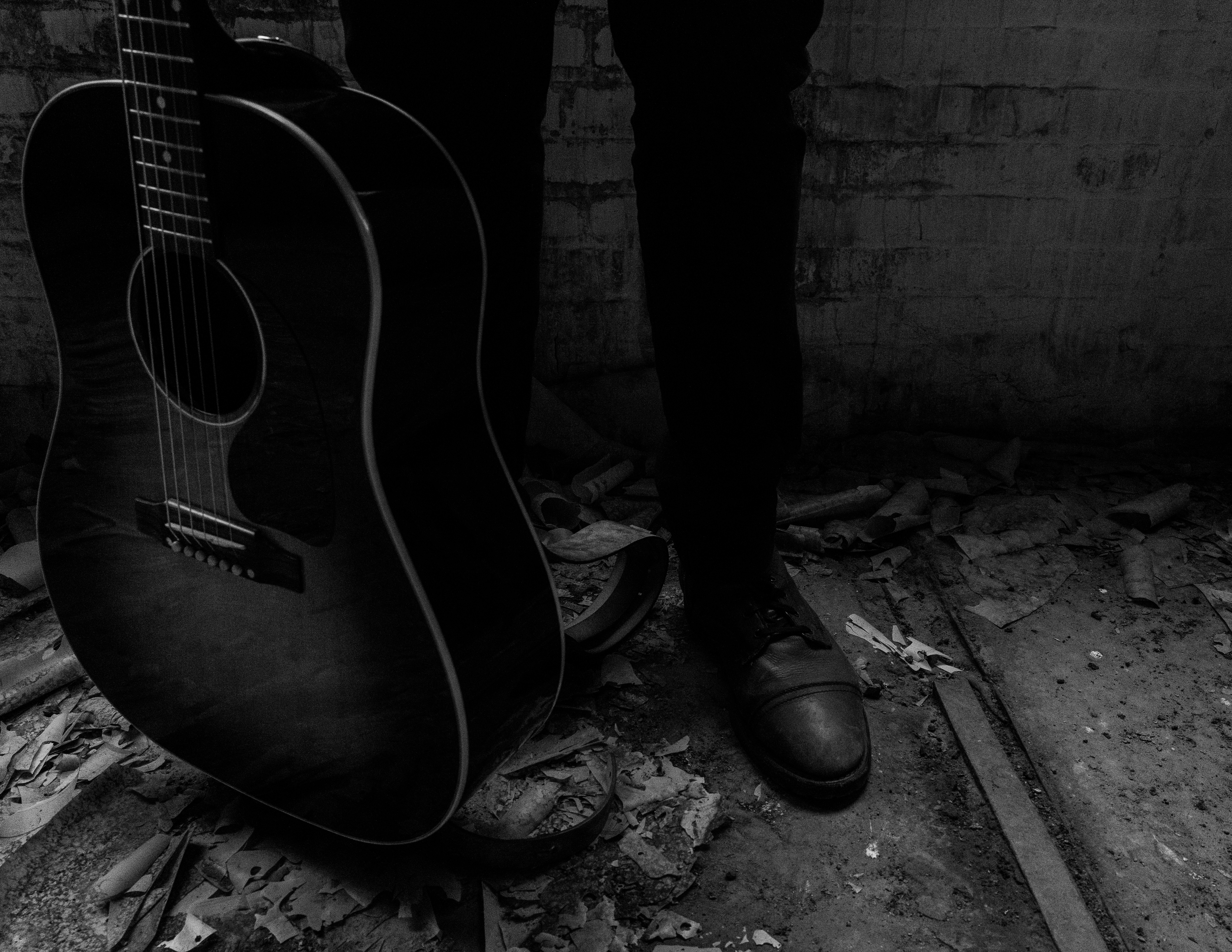Ben Gage and “Lookin’ For A Devil” arrive at a moment when the American dream feels particularly elusive.
The Akron-born songwriter has spent years chronicling the rust belt experience, and his latest single captures something both specific and universal: the peculiar frustration of being too broke even for damnation.
Released on July 18, this track emerges from Gage’s upcoming album like smoke from a dying campfire. The song tells the story of a man ready to make the ultimate bargain, only to find that even the devil has better offers on the table.
There’s something almost comedic about this premise, yet Gage treats it with the gravity it deserves. After all, what’s funnier than desperation? What’s more serious than a joke that hits too close to home?
The production, engineered by Tuck Mindrum and produced by Dan Socha alongside Mindrum, maintains a deliberate restraint. This isn’t music that shouts for attention.
Instead, it settles into your consciousness like dust on a windowsill, accumulating meaning with each listen. The arrangement features Gage on guitar and vocals, Anthony Papaleo contributing his distinctive guitar work, and Dan Socha anchoring the rhythm section on bass.
Gage’s approach to storytelling reflects his Northeast Ohio roots. This is music born from the rust belt’s particular brand of pragmatism, where humour and hardship walk hand in hand down empty streets.
The Great Lakes region has always produced artists who understand that survival sometimes requires laughing at circumstances that might otherwise break you.
Think of the way factory workers develop gallows humour, or how farmers joke about weather that could ruin their livelihood. Gage channels this sensibility into his songwriting, creating narratives that acknowledge struggle without wallowing in it.
Lyrically, “Lookin’ For A Devil” operates on multiple levels. On the surface, it’s a darkly humorous tale of financial desperation. Dig deeper, and it becomes a meditation on worth, on the value we place on ourselves and the prices we’re willing to pay for advancement.
There’s something almost Faustian about the premise, but Gage inverts the classic tale. Instead of a scholar trading his soul for knowledge or power, we have an ordinary person so desperate they can’t even complete the transaction. It’s Faust for the foreclosure generation, Mephistopheles for the minimum wage era.
The production choices support this thematic content beautifully. The stripped-down arrangement mirrors the narrator’s stripped-down circumstances.
There are no unnecessary flourishes, no sonic excess. Every element serves the story, from the steady rhythm that suggests the relentless passage of time to the guitar tones that evoke both warmth and weariness.
From a technical standpoint, the recording captures the essence of live performance while maintaining studio polish. The mix allows each instrument to occupy its own space without creating artificial separation.
This balance reflects Gage’s understanding that great folk music often depends on the interplay between musicians rather than individual virtuosity.
The song’s structure follows traditional folk patterns while incorporating subtle modern touches. The verses build naturally toward a chorus that feels both inevitable and surprising.

There’s a mathematical precision to the arrangement that never feels calculated, a testament to the collaborative process between Gage, Socha, and Mindrum.
The geographical specificity of Gage’s work – his roots in Akron, his connection to the Great Lakes region, his identification with rust belt culture – gives his music a sense of place that transcends regional boundaries.
Like Bruce Springsteen’s New Jersey or John Mellencamp’s Indiana, Gage’s Ohio becomes a lens through which to examine broader American experiences.
“Lookin’ For A Devil” succeeds because it refuses to offer easy answers or false comfort. The narrator doesn’t find salvation or damnation; he finds himself exactly where he started, but perhaps with a clearer understanding of his situation.
This refusal to provide resolution mirrors real life, where problems rarely solve themselves through dramatic gestures or supernatural intervention.
The track leaves us with questions rather than answers, which may be the most honest response to the complexities of modern life.

